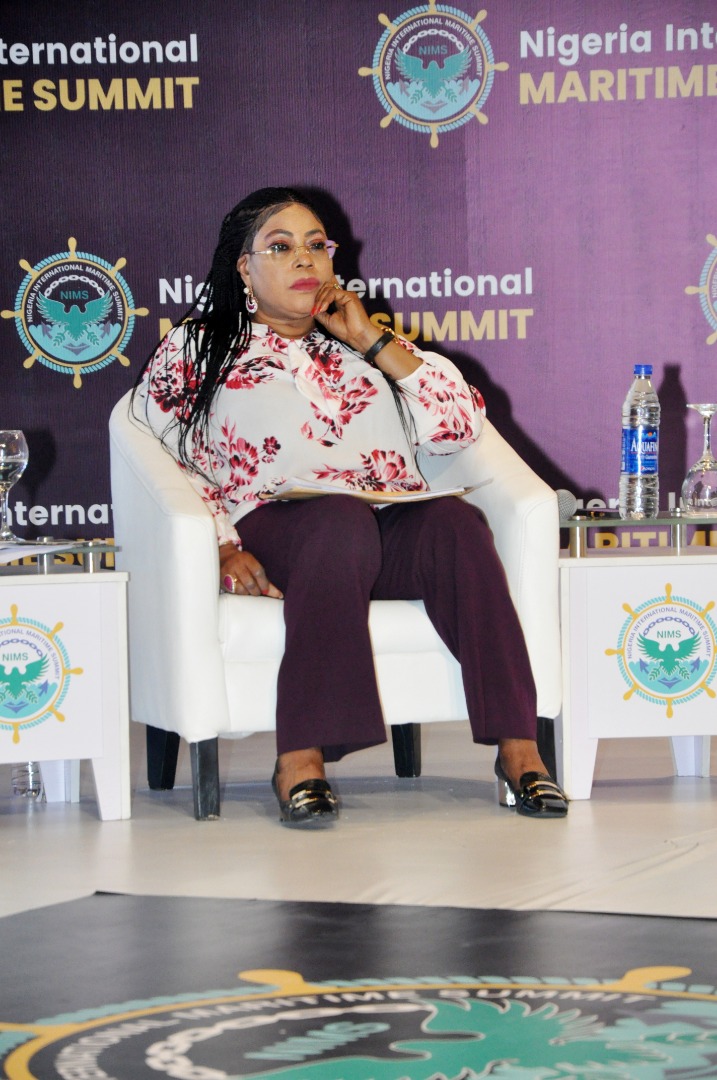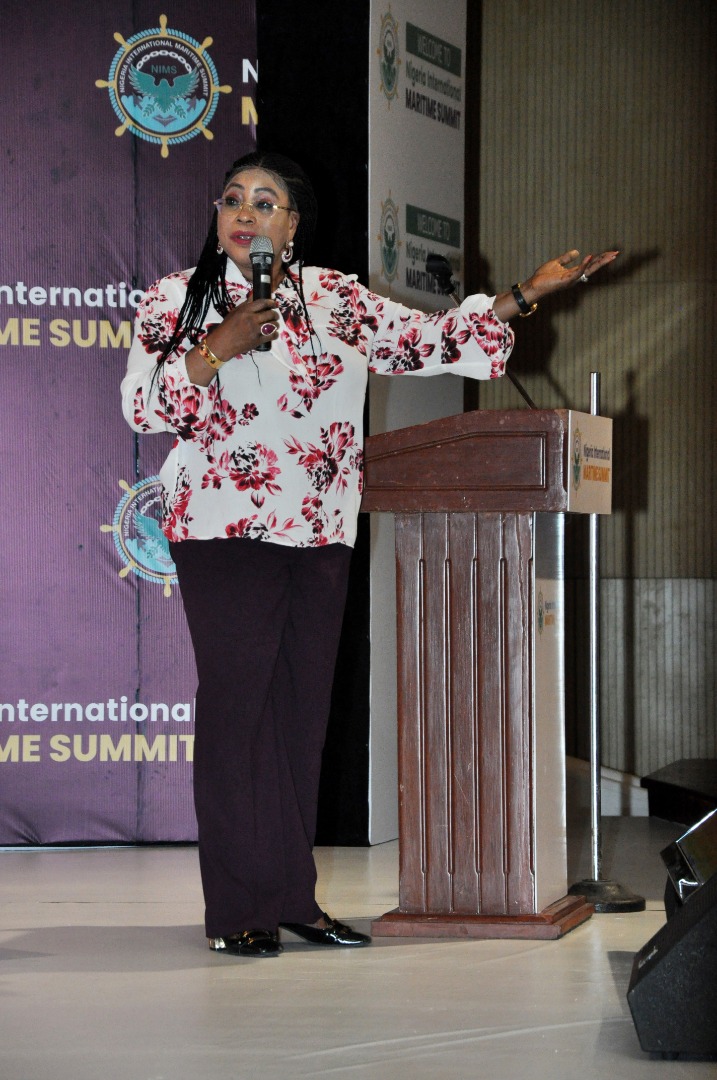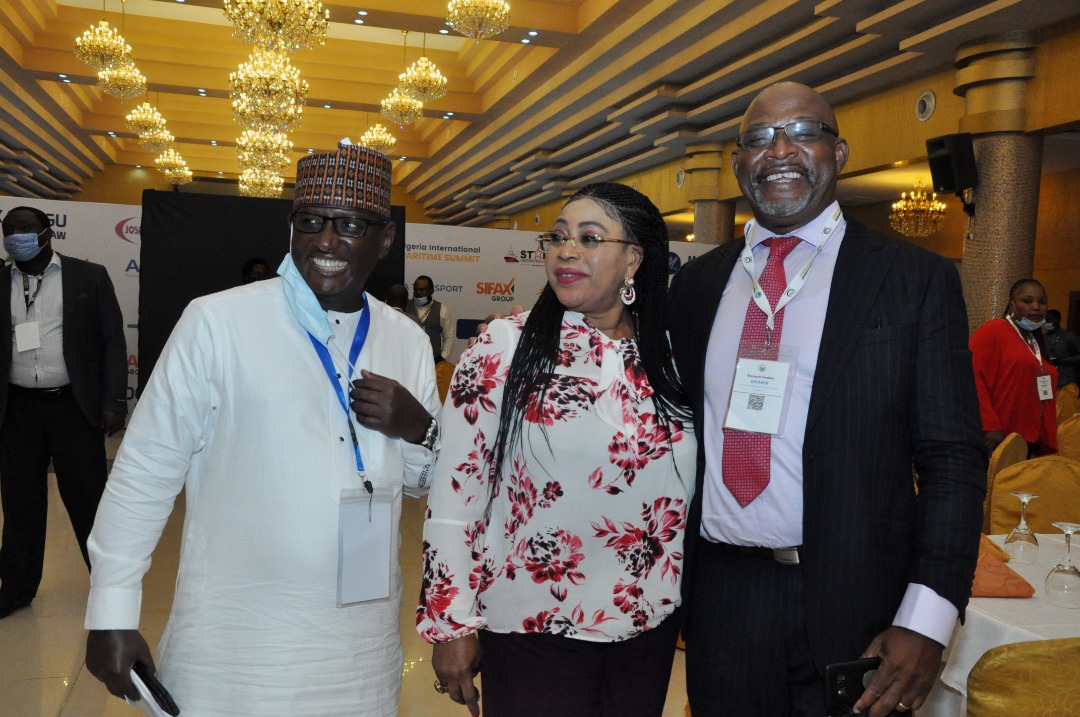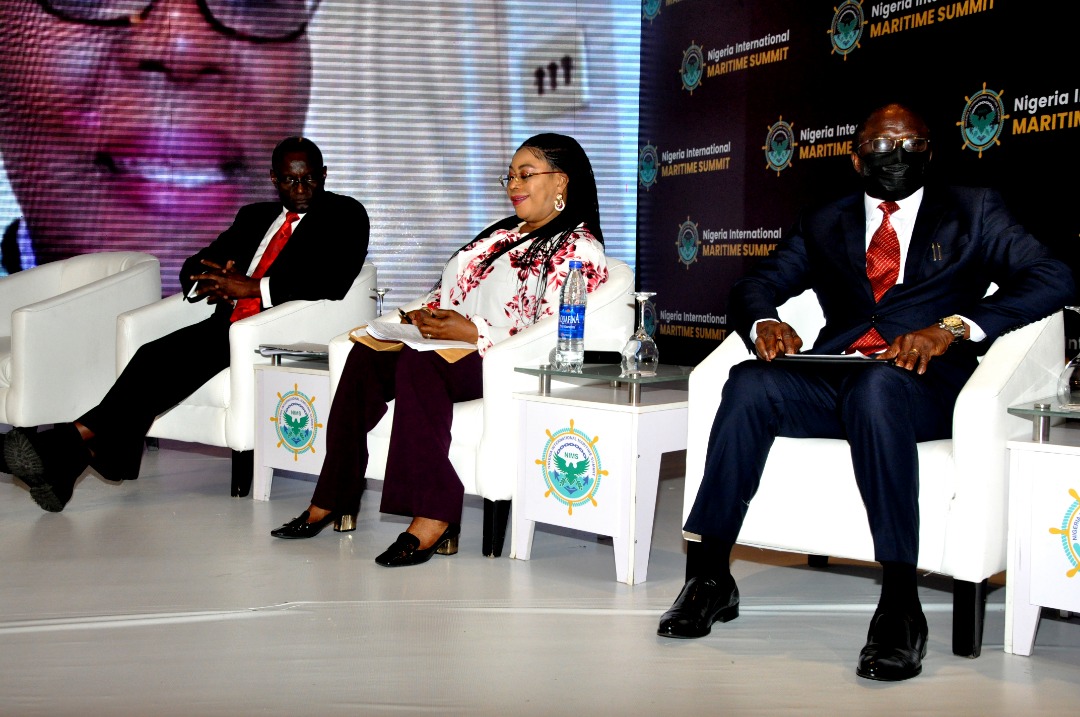
For Nigeria to derive full benefits from the implementation of the African Continental Free Trade Area Agreement (AfCFTA), it must redefine its posture towards inter-regional trade and address inherent and systemic debilitating factors that hamper trade, says Chairman, Seaport Terminal Operators Association of Nigeria (STOAN), Princess Vicky Haastrup.
Speaking during a panel session titles “Trade Facilitation – Nigeria Agenda for AfCTA” at the Nigeria International Maritime Summit (NIMS) on Tuesday, Haastrup said trade facilitation depends on port productivity/efficiency, Customs processes, the regulatory environment and and the deployment of e-business.
The STOAN Chairman said since after the 2006 port reforms; marine services that are being provided the Nigerian Ports Authority (NPA) and cargo handling services that are provided by terminal operators are top notch.
“These services can compete with port services provided in other parts of the world,” she said.
She said that despite the efficiency of NPA and port terminal operators, the major challenges confronting the system, and by extension, Nigeria’s trade facilitation drive, result from manual Customs processes, overregulation, and poor transportation/logistics infrastructure.

“We have a situation where people must visit the port physically to do their Customs documentation and cargo examination before they can take delivery of their consignments. This is not inefficient. The Nigeria Customs Service should do everything possible to install functional scanners at the port to reduce the high rate of physical examination of cargoes and to reduce human contacts.
“I am aware that Customs recently deployed a scanner each to Apapa, Tin Can and Onne ports. This is a good development but a lot more scanners will need to be acquired considering the volume of cargoes at those ports and also to cover other port locations and border posts. The deployment and use of scanners for cargo examination will reduce human contacts, reduce arbitrariness and cut down on cargo dwell time.
“In addition to acquiring scanners, Customs should use technology to drive its processes. It is time to actualise the e-Customs project, so that consignees can do their documentation online and make necessary payments to Customs and other government agencies without having to physically visit the port. One wonders what has happened to the much talked about National Single Window.
“Consignees are made to contend with several government agencies while processing the clearance of their cargoes at the port. Multiple port charges imposed by these agencies are also a major hindrance to trade.
“Also, corruption among government officials in and around the port is a pervasive problem. Corruption discourages trade because it causes traders to pay higher fees on their goods before final clearance. This results in higher priced goods and commodities in the market.

“Finally, high transportation costs coupled with poor road and rail infrastructure rank high among the major reasons for the low competitiveness of the Nigerian economy. Oftentimes the cost of transporting goods within the country and across borders is extremely high and traders encounter bureaucratic bottlenecks that cause delays. This also has the effect of increasing the cost of products and reducing the shelf life of perishable goods, which lowers their market value. This impairs the value of our non-oil export,” she said.
Princess Haastrup also said that due to poor inland transport infrastructure, it now costs more to transport a container from one part of Nigeria to the other than to ship the same container from Europe or the Far East to Nigeria.”
She said a study conducted by Akintola Williams Deloitte in 2017 blamed the high cost of doing business at the nation’s seaports on the Nigeria Customs Service and other government agencies. The study found that Customs processes are responsible for not less than 82.1 per cent of the charges incurred by consignees. It found that shipping companies are responsible for 13.8 per cent of the port cost; terminal operators 1.8 per cent; transporters 1.1 per cent and clearing agents 1.7 per cent.
The STOAN Chairman also stated that while Apapa Port remains one of the leading ports in West Africa, addressing poor Customs processes and bad port access roads will improve its services.
“We may take a cue from Tanger Med Port in Morocco, which handles over 9 million TEUs annually without unnecessary fuss. This is because the country has been able to reduce the red tapes that hamper the free flow of trade.
“In the West African sub-region, the Autonomous Port of Abidjan in Cote d’Ivoire attracts most of the transit cargoes of landlocked countries of Niger, Mali, Burkina Faso, and Chad because the country has created a relatively friendly business environment and made it easier to move cargoes from the main port to the hinterland.
“For these two countries, it is not just about operations inside the port, it is also about the movement of cargo from the port to the hinterland and vice versa,” she added.
Copyright Ships & Ports Ltd. Permission to use quotations from this article is granted subject to appropriate credit given to www.shipsandports.com.ng as the source.
